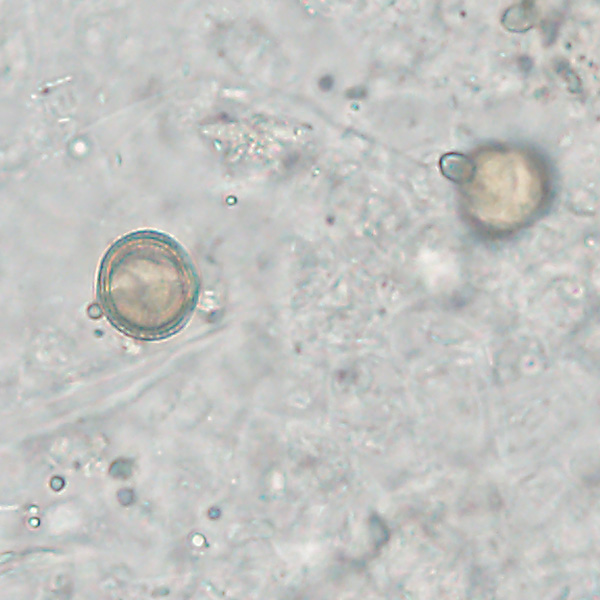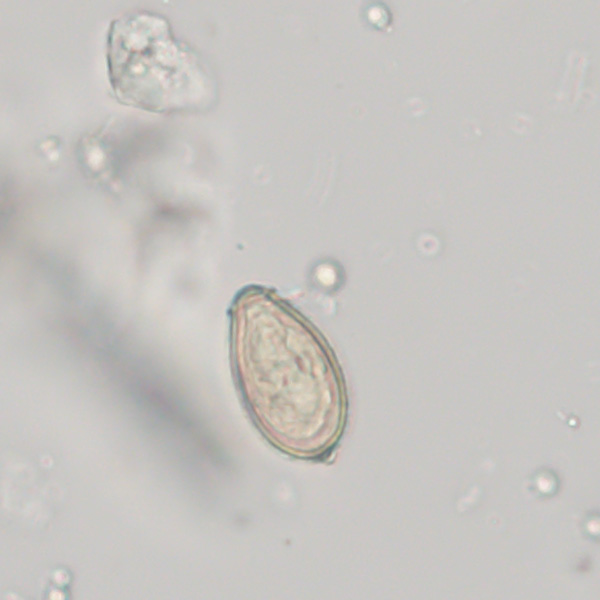
DPDx - Laboratory Identification of Parasitic Diseases of Public Health Concern
Welcome to DPDx, a website developed and maintained by CDC’s Division of Parasitic Diseases and Malaria (DPDM). DPDx uses the Internet to strengthen diagnosis of parasitic diseases, both in the United States and abroad. This interactive and rapid exchange of information, allied with already available diagnostic reference resources, will enhance our capacity to address the global problem of parasitic diseases.
For that purpose, DPDx offers two complementary functions:
- A Reference and Training function, in which all users can browse through concise reviews of parasites and parasitic diseases, including an image library and a review of recommended procedures for collecting, shipping, processing, and examining biologic specimens. Most of the material is free of copyright and users are welcome to store and copy material in the public domain (please, kindly cite the source). Copyrighted material includes the life cycle images of Blastocystis and Pneumocystis, and electron micrograph images of Gnathostoma; if users are interested in publishing these items, they must obtain permission from the original copyright holder.
- A Diagnostic Assistance function, in which laboratory and other health professionals can ask questions and/or send digital images of specimens for expedited review and consultation with DPDx staff. This assistance is free of charge.
Potential DPDx applications include:
- Training and continuing education of laboratorians, using material collected by CDC or contributed by other institutions
- Provision to health facilities worldwide of diagnostic assistance by CDC staff backed up when needed by experts from other institutions
- Diagnostic quizzes for self-assessment of laboratorians’ skills
- Informal, early detection of unusually clustered, atypical or emerging parasitic diseases
If you wish to contribute diagnostic images or information of particular interest, or make comments or suggestions, please contact the DPDx team.
A-Z index of Parasitic Conditions
DPDx is an education resource designed for health professionals and laboratory scientists.
DPDx is a website developed and maintained by CDC's Division of Parasitic Diseases and Malaria (DPDM)
Malaria RDT Training Video
DPDx is a website developed and maintained by CDC's Division...
DPDx is an educational resource designed for health professionals and laboratory scientists. For an overview including prevention, control, and treatment visit www.cdc.gov/parasites/.



